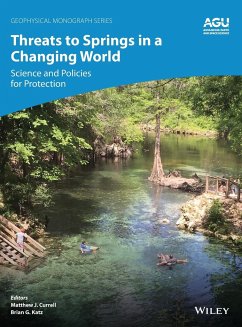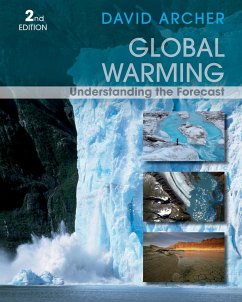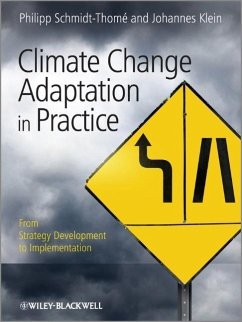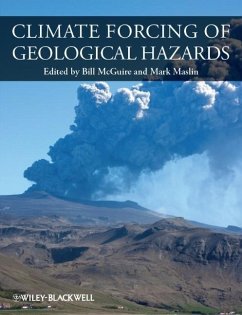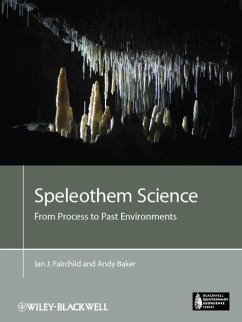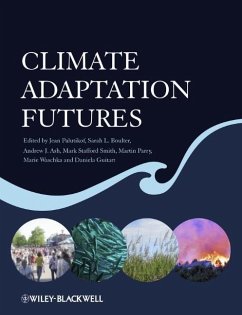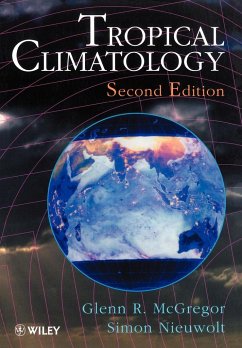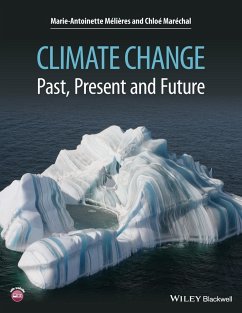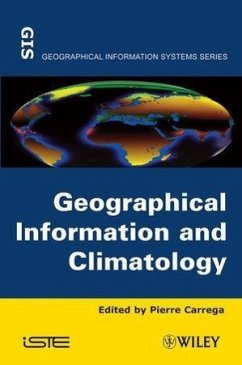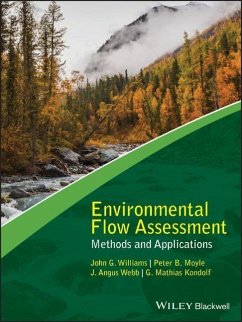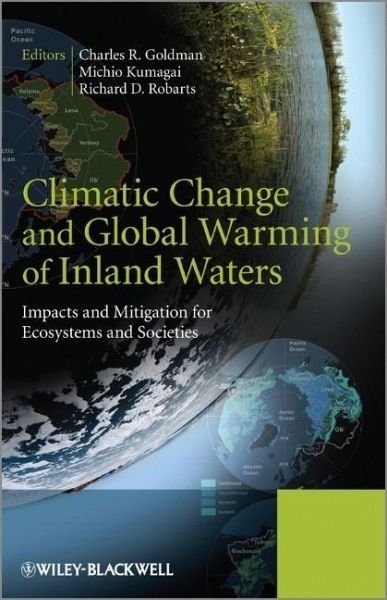
Climatic Change and Global Warming of Inland Waters
Impacts and Mitigation for Ecosystems and Societies
Herausgegeben von Goldman, Charles R.; Kumagai, Michio; Robarts, Richard D.
Versandkostenfrei!
Versandfertig in über 4 Wochen
143,99 €
inkl. MwSt.
Weitere Ausgaben:

PAYBACK Punkte
72 °P sammeln!
Effects of global warming on the physical, chemical, ecological structure and function and biodiversity of freshwater ecosystems are not well understood and there are many opinions on how to adapt aquatic environments to global warming in order to minimize the negative effects of climate change. Climatic Change and Global Warming of Inland Waters presents a synthesis of the latest research on a whole range of inland water habitats - lakes, running water, wetlands - and offers novel and timely suggestions for future research, monitoring and adaptation strategies.A global approach, offered in th...
Effects of global warming on the physical, chemical, ecological structure and function and biodiversity of freshwater ecosystems are not well understood and there are many opinions on how to adapt aquatic environments to global warming in order to minimize the negative effects of climate change. Climatic Change and Global Warming of Inland Waters presents a synthesis of the latest research on a whole range of inland water habitats - lakes, running water, wetlands - and offers novel and timely suggestions for future research, monitoring and adaptation strategies.
A global approach, offered in this book, encompasses systems from the arctic to the Antarctic, including warm-water systems in the tropics and subtropics and presents a unique and useful source for all those looking for contemporary case studies and presentation of the latest research findings and discussion of mitigation and adaptation throughout the world.
Edited by three of the leading limnologists in the field this book represents the latest developments with a focus not only on the impact of climate change on freshwater ecosystems but also offers a framework and suggestions for future management strategies and how these can be implemented in the future.Limnologists, Climate change biologists, fresh water ecologists, palaeoclimatologists and students taking relevant courses within the earth and environmental sciences will find this book invaluable. The book will also be of interest to planners, catchment managers and engineers looking for solutions to broader environmental problems but who need to consider freshwater ecology.
A global approach, offered in this book, encompasses systems from the arctic to the Antarctic, including warm-water systems in the tropics and subtropics and presents a unique and useful source for all those looking for contemporary case studies and presentation of the latest research findings and discussion of mitigation and adaptation throughout the world.
Edited by three of the leading limnologists in the field this book represents the latest developments with a focus not only on the impact of climate change on freshwater ecosystems but also offers a framework and suggestions for future management strategies and how these can be implemented in the future.Limnologists, Climate change biologists, fresh water ecologists, palaeoclimatologists and students taking relevant courses within the earth and environmental sciences will find this book invaluable. The book will also be of interest to planners, catchment managers and engineers looking for solutions to broader environmental problems but who need to consider freshwater ecology.



